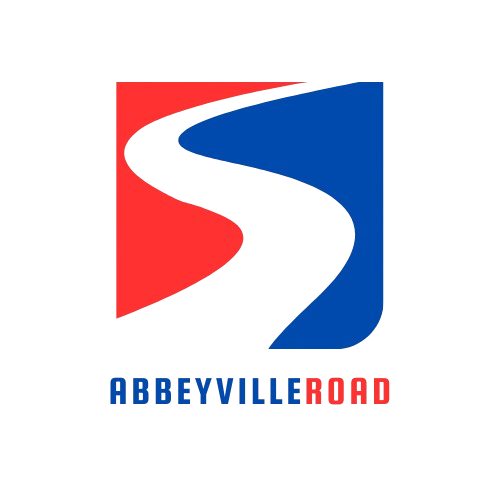Web development is not just a technical endeavor; it is also a creative process that requires a keen understanding of user behavior and design principles. As the internet has become a fundamental part of our daily lives, the demand for skilled web developers has surged, leading to a vibrant community of professionals who continually push the boundaries of what is possible online.
One of the most exciting aspects of web development is the constant innovation in tools and technologies. Frameworks and libraries like React, Angular, and Vue.js have transformed front-end development by providing reusable components and streamlined workflows. These tools allow developers to create complex user interfaces more efficiently, enhancing productivity and reducing the time it takes to bring a project to fruition. Similarly, back-end frameworks such as Node.js and Django have simplified server-side development, enabling developers to build robust applications with greater ease.
Collaboration is another key element in the https://podyplomowe.waw.pl web development process. Many projects involve teams of developers, designers, and project managers working together to bring a vision to life. Version control systems like Git have become essential for managing code changes and facilitating collaboration. They allow multiple developers to work on a project simultaneously, track changes, and roll back to previous versions if necessary. This collaborative approach not only enhances productivity but also fosters a sense of community among developers.
Accessibility is a critical consideration in web development. Ensuring that websites are usable for people with disabilities is not just a legal obligation in many regions but also an ethical responsibility. Developers must be aware of accessibility standards, such as the Web Content Accessibility Guidelines (WCAG), and implement features that accommodate diverse user needs. This commitment to inclusivity not only broadens the audience but also enhances the overall user experience.
As web development matures, the importance of performance and optimization cannot be overstated. Users expect fast, seamless experiences, and even slight delays can lead to frustration and abandonment. Developers employ a variety of strategies to enhance performance, such as lazy loading images, utilizing content delivery networks (CDNs), and optimizing code to minimize load times. Monitoring tools like Google PageSpeed Insights provide valuable insights into how to improve a website’s performance, helping developers make data-driven decisions.
Security is another paramount concern in web development. With the rise of cyber threats, developers must be proactive in safeguarding their applications. This includes implementing secure coding practices, conducting regular security audits, and keeping software up to date. Awareness of common vulnerabilities, such as SQL injection and cross-site scripting (XSS), is essential for building resilient applications that protect user data.
The future of web development looks promising, with emerging technologies like Progressive Web Apps (PWAs) and Single Page Applications (SPAs) gaining traction. PWAs combine the best of web and mobile apps, offering offline capabilities and enhanced performance, while SPAs provide a fluid user experience by loading content dynamically without refreshing the page. These advancements not only improve user engagement but also provide developers with new tools to create innovative applications.
As web development continues to evolve, the role of the developer is also changing. The demand for full-stack developers, who possess both front-end and back-end skills, is on the rise. This versatility allows developers to take ownership of entire projects, making them invaluable in today’s fast-paced tech environment. Additionally, the growing emphasis on DevOps practices is fostering a culture of collaboration between development and operations teams, streamlining the deployment process and enhancing overall project efficiency.
Ultimately, web development is about more than just coding; it’s about creating meaningful experiences that connect people to information, services, and each other. As technology continues to advance, web developers will remain at the forefront of this transformation, crafting the digital landscape that shapes our interactions and influences how we live, work, and play. Whether through designing intuitive interfaces, optimizing performance, or implementing security measures, the impact of web development is profound, making it an exciting and rewarding field for those passionate about technology and creativity.
